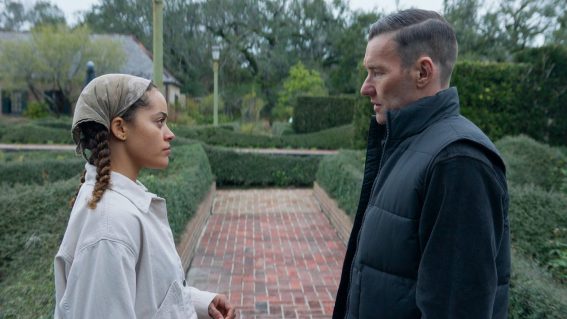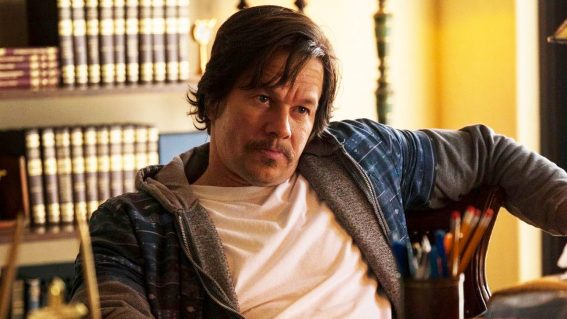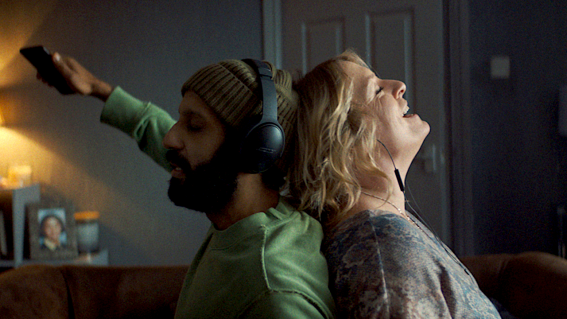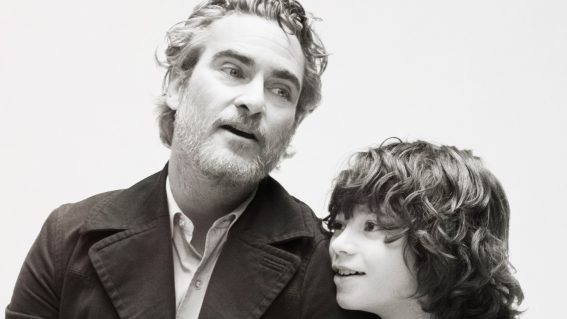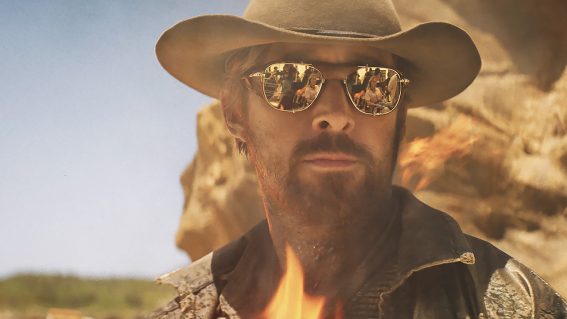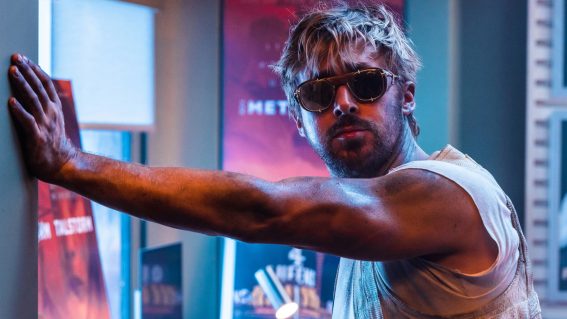Thoroughly insipid and intolerably dull, The Forgiven had everything going for it
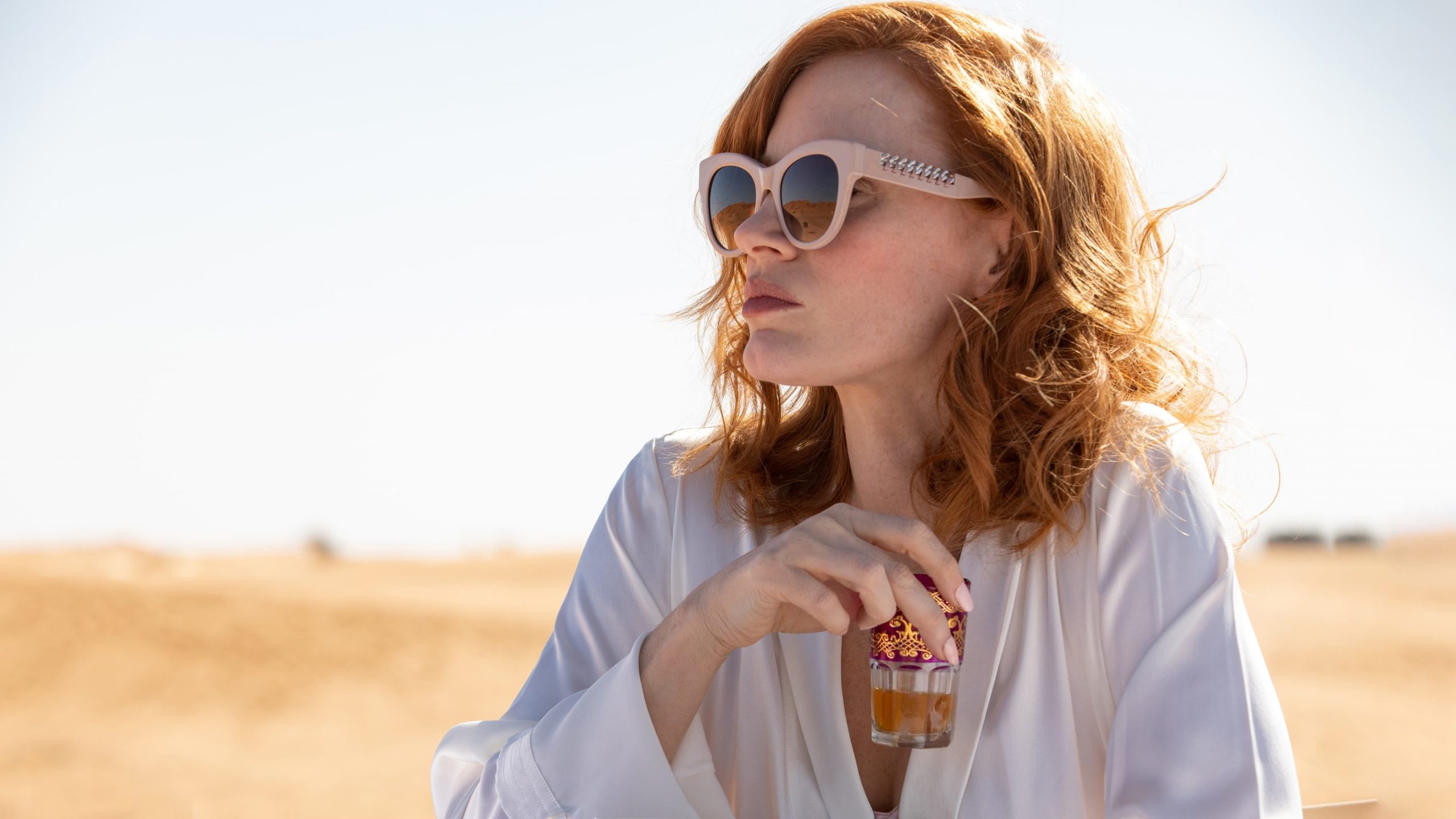
John Michael McDonagh (Calvary) directs The Forgiven, an adaptation of Lawrence Osborne’s novel about a random accident that affects the lives of the local Muslims and Western visitors to a house party in a grand villa. Less harsh critics have called it a reserved, adult film. Rory Doherty calls it thoroughly insipid and intolerably dull.
The Forgiven (2022)
There’s a moment in John Michael McDonagh’s dark comedy The Forgiven where children’s author Jo (Jessica Chastain) reveals she hasn’t written anything in about eight years. It’s mused that this is the fate of most artists: a couple moments in the spotlight before a steep descent into anonymity. It’s a meta moment about the muted impact McDonagh’s career has had, rather than a dig at his film’s increasingly middling quality—a tradition The Forgiven gladly continues.
After an eye-catching, decent debut (The Guard), a great, darker follow-up (Calvary), and a complete and utter misfire (War on Everyone), McDonagh’s latest feels devoid of all of the acerbic, stylised bite he and his brother Martin have made themselves known for across stage and screen. Yes, there’s still a clear satiric target—this time British and international elite holding imperialist superiority over the servile and impoverished Moroccan people—but the film feels so timidly and tediously constructed it feels more like someone mimicking the McDonagh trade style, or even an older script by him that some less dynamic director is adapting. Less harsh critics have called The Forgiven a reserved, adult film, a critique that would be easier to swallow were the film not so thoroughly insipid and intolerably dull.
Jo, joined by her husband David (Ralph Fiennes) are on their way to visit the palatial desert residence of Richard (Matt Smith) and Dally (Caleb Landry Jones) for a weekend full of animalistic, culturally tone-deaf debauchery. Everyone is equally repugnant, from a smugly detached financial analyst (Christopher Abbott) to a Prince Andrew stand-in (Alex Jennings) along with a troublingly young escort. Most of them nail the black-souled vibe said elite give off, most notably Smith, who wears so casually you’d be forgiven for thinking him slightly charming. Abbott and Chastain pair up for an illicit tryst, and their insufferable, “aren’t we so bad?” chemistry is some of the most watchable in the film—far more impressive than Smith and Landry Jones, as the latter alternates between mumbling and yelling for every moment he’s onscreen.
The performances are solid enough; the problem is how much they talk. The Forgiven insists on giving characters the maximum amount of dialogue, where weak jokes are hinged on a mere whiff of cleverness and largely just serve to show how McDonagh has no impulse control when it comes to telegraphing who his characters are. Arguably, these characters are supposed to be grating, arrogant, and full of hot air, so it makes sense for them to babble senselessly. But there’s a difference between vapid chatter that reveals how hypocritical characters are, and vapid chatter that insists to the audience every facet of a character’s psychology and ideals. McDonagh’s dialogue becomes so irritating because the intent behind each line is so visible, as the thinnest satire is dictated to the audience.
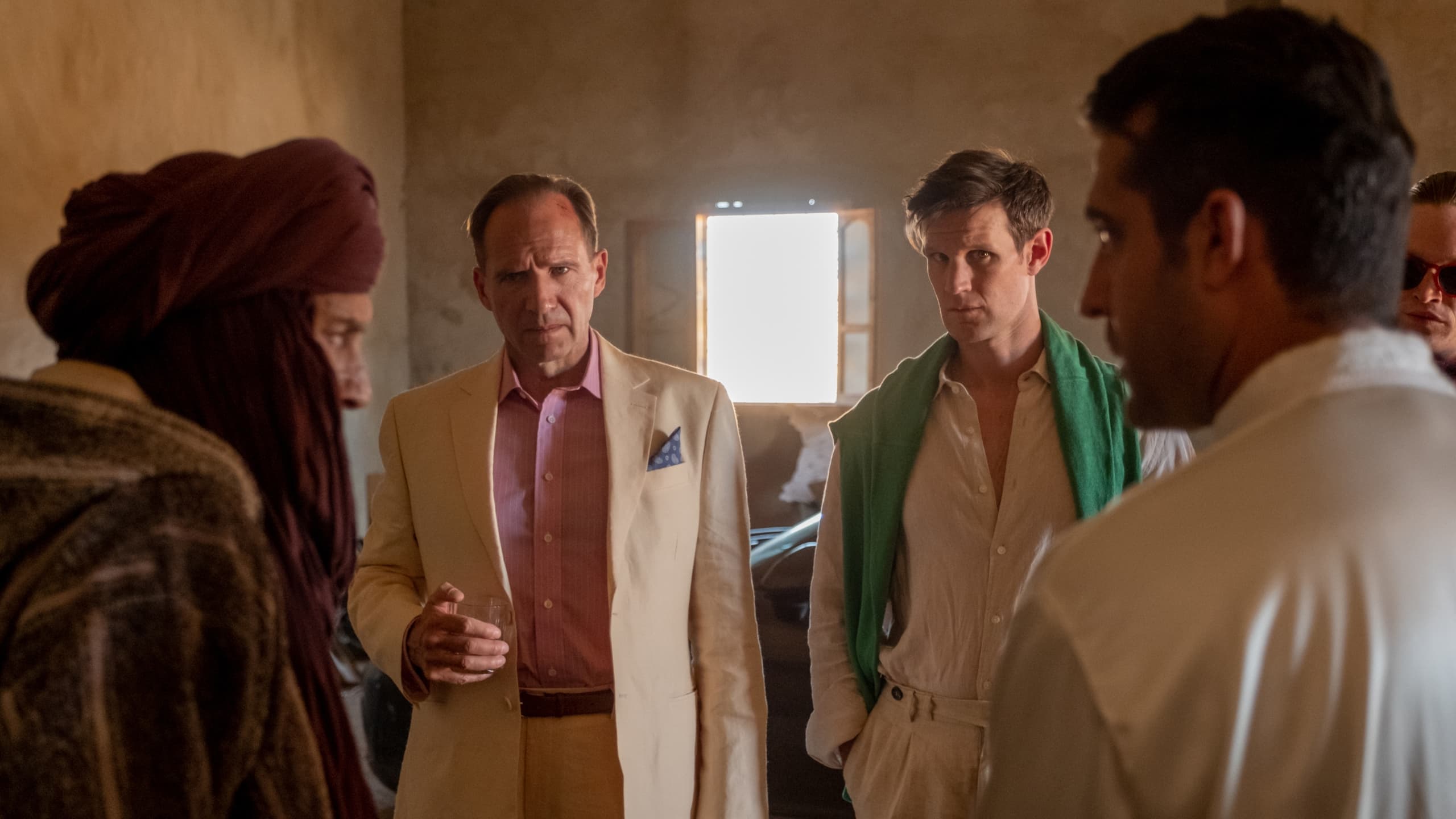
One plotline distinctly improves the film as it progresses. On the way to the party, David and Jo run over a young Moroccan boy trying to sell them fossils, and David ends up travelling with the deceased child’s family to pay respects and atone. There’s less babbling, more pregnant pauses, painful silences, and David’s interiority gets to play out in the miscommunications and unwanted reflections. As Abdellah, the boy’s father (a commanding Ismael Kanater) leaves the party with his son’s body, an ill-timed firework display visually articulates the crass disregard the Westerners have for any carnage their presence wreaks. It’s also a moment that doesn’t include any dialogue.
It’s this strand that proves the most fertile thematic ground, and ideas start to thread their way through the drudgery. Penance, reparations, cultures misunderstood through prejudice; the vices and addictions of David are pierced and reveal his survival instincts. When Richard makes an off-hand comment about how Arab people prefer to sweep upsetting or traumatic things under the rug, it’s a rare moment where McDonagh doesn’t explain the subtext—that it’s the Westerners eager to cover up uncomfortable truths, whereas the Moroccans fight the whole film for consequences, or at the very least, blame to be admitted.
It’s unfair to ask McDonagh to mimic a visual or comedic style that he may very well want to evolve from, but on a structural level, his other films have had better pacing, richer characters, and pack a bigger punch. Ineffectual direction and editing mean that not only do unfunny lines not hit their mark, they linger too long afterwards. The Forgiven is the least interesting kind of bad movie; one that has everything going for it, but one that’s unable to draw enough of the involved talent to be worth two hours of your time. Maybe McDonagh hasn’t worked out how to transition to less flashy, more grown-up type films. If so, there’s too many teething problems to warrant a recommendation.





